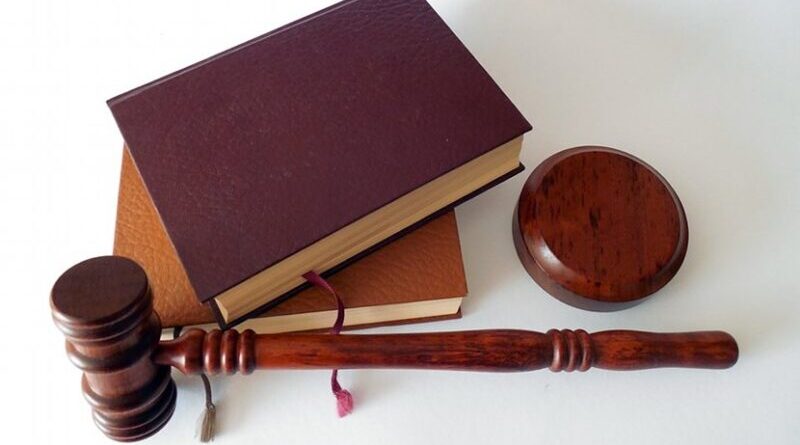By Dr. Suleiman Walhad
A movie called “My Cousin Vinnie” is generally described as one of the greatest movies on legal matters not because of its actors or the way they were dressed or even its beautiful female cast, but for its fairness and how the rule of law prevailed dismissing the murder cases against the suspects. Rule of law simply means that everyone is equal under the law be they powerful, rich, weak and poor, stranger or not. Laws are created through an open and transparent process, and not through the whims of the most powerful (A News Report of the Provincial Court of British Columbia dated 04/11/2020).
In the Horn of Africa States, it would appear that the application of the rule of law is secondary although laws do exist, but everyone is not equal under those laws. It is the same throughout the countries of the region, where the most powerful, often the head of state and/or government determines how one is treated not by how the society has agreed to govern themselves through its legislative processes and constitution. In the case of Somalia, the constitution is still at the drafting stage and the current head of state looks determined to create a constitution that fits him as head of state and not on the basis of either the clan-organized Somali society or equality of all citizens under the rule of law.
Perhaps the unequal application of the rule of law in the region, in addition to other factors including foreign interferences, is one of the main causes of the continuing conflicts which, of course, is utilized by its politicians who themselves are exploited by wrong hands either internal or external. This hampers national and hence regional development and the sovereignty of countries of the region. It, indeed, stands in the way of meritocracy and good quality, which explains why the states of the region appear to be all failing. The wrong person is always in the wrong job contrary to the right person being in the right job that is necessary for any development.
Historically the Iraqi/Babylonian Hammurabi who reigned from 1792 to 1750 BCE as the sixth Amorite king is generally credited to having promulgated the first laws termed as the Hammurabi Code, which involved opining on economic provisions (prices, tariffs, trade, and investments), family laws on matters of marriage and divorce, criminal and civil laws on assaults, theft, debts, and others (See: Encyclopedia Brittanica). The ancient Greeks, Plato and Aristotle and the Romans that followed them including Cicero all discussed the role of laws in society. In the Horn of Africa States region, the inhabitants always used local laws often referred to as Customary Laws, which are still actively used even today despite the introduction of the laws imported from Europe during the colonial period. They represent how peace, if any, is kept in the societies of the Horn of Africa States, and more so in the Somali societies of the region. These customary laws are probably older than even Hammurabi’s but were not documented as to how they evolved and developed.
Maintenance of the rule of law is generally seen as evidence of good governance in democratic societies, and absence thereof is seen as dictatorship or authoritarian although even dictatorships and authoritarian rulers themselves have laws as well. It is only that under the latter’s laws some citizens are more equal than others as in the animal farm story of George Orwell. In many parts of the region, Muslim law (Shari’ah) also plays significant roles in the legal systems. In Somalia, for example, the constitution notes that no laws can be promulgated that contradict with the tenets of Islam.
The conflicts of the region are mostly rooted in ethnic-based discriminatory activities of the regimes of the region against portions of their own populations who have limited or no access to power and material resources, which explains why coups take place in the region although they share this with the rest of Africa. My turn approach to political and hence power issues, weak political institutions and corruption add to the matrix that fuel the ethnic strife in the region.
The region despite having all three types of laws – traditional, imported European and Muslim laws, does not appear to be applying them the way they should be, and this has been the source of most its troubles. Proper application of the rule of law does not only assist the functioning of democratic processes, but also clarifies the limits of state power, equality under the law, and protection of fundamental rights and justice. This is the direction the regional leadership should be taking, if they ever want to leave their mark on the region as Hammurabi did on the Amorites, who is still remembered today in this 21st century Anno Domini.






